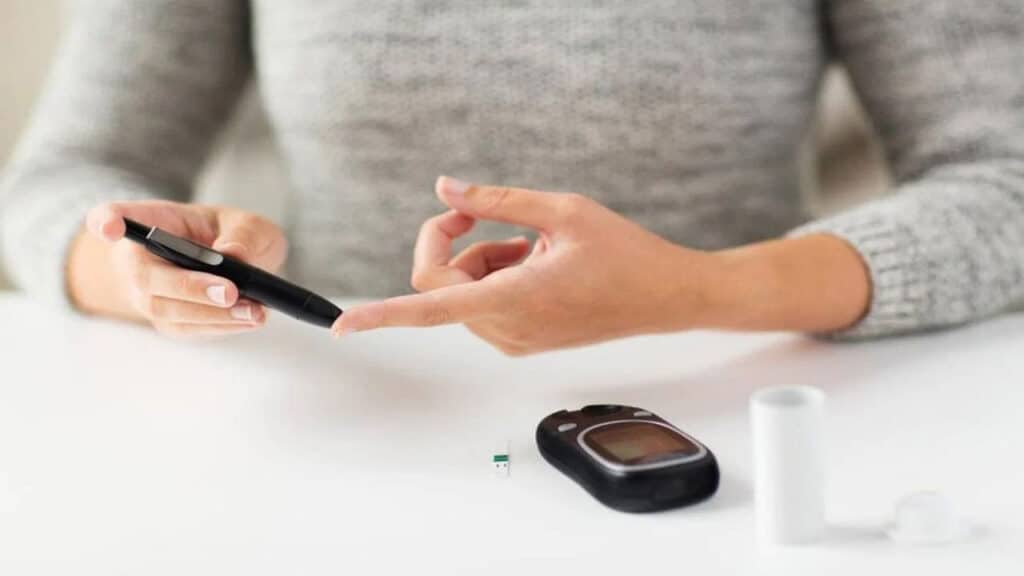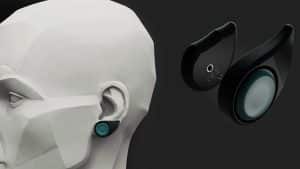You might think that insulin is the only hormone you need to worry about when it comes to controlling your blood sugar, and perhaps glucagon, too. However, there are other, less famous contributors, and some of them are important enough that they’re the basis for some diabetes medications.
Incretins are a type of what are known as peptide hormones (as opposed to steroid hormones) and they’re found in the gut. The two big names in incretins are GIP (glucose-dependent insulinotropic polypeptide) and GLP-1 (glucagon-like peptide-1) (https://pubmed.ncbi.nlm.nih.gov/29364588/).
The body releases incretins after eating. One role is in giving insulin a boost and making it work better. It’s insulin, of course, that lowers your blood sugar by encouraging the liver and other tissues to absorb the glucose in your blood. Blood sugar spikes after a meal, but incretins can stimulate insulin production even before glucose starts reaching high levels.
In other cases, incretins can suppress glucagon. Glucagon is insulin’s opposite, making blood sugar rise again by encouraging its release from where it’s stored in the liver. Like insulin, glucagon comes from the pancreas. If incretins are augmenting insulin and inhibiting glucagon, that is going to have a big impact on your overall blood sugar levels.
There’s yet another way in which incretins work to influence your blood sugar, and in this case it has implications for your appetite and your weight. Incretins can slow the emptying of your stomach after eating, meaning you feel fuller for longer. That’s going to reduce the rate at which glucose is absorbed by the blood, keeping your sugar low, but it may also lead to eating less. That has weight implications.
For people with type 2 diabetes, the ability of incretins to augment glucose is impaired or absent, contributing to insulin resistance and high blood sugar. This has led to the development of new medications called incretin mimetics, which aim to simulate the effects of incretins. There are several types, including exenatide, dulaglutide and liraglutide. They’re available as injections and taken once or twice a day, unless you use a slow-release form that can last a week.
As with all medications, incretin mimetics won’t be the best choice for everyone, and they can have side effects including nausea, headaches and constipation. For some people, however, research suggests they may be valuable both for managing diabetes and aiding weight loss.




